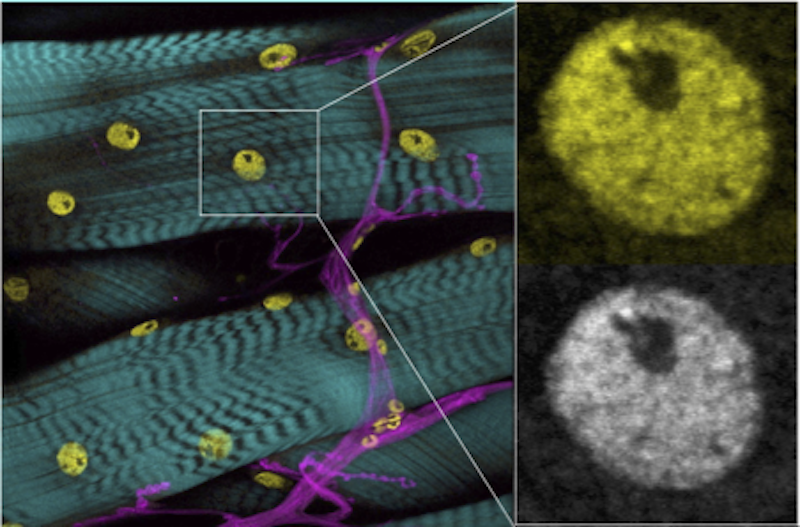
Critical periods specify nervous system function through epigenetic mechanisms
Supervisor: Prof Matthias Landgraf
Project summary
Formative stages of nervous system development, called ‘critical periods’, are particularly vulnerable to disturbances, which can have lasting effects on nervous system function. Consequently, many neuro-developmental psychiatric conditions emerge during such critical periods of development, early childhood and adolescence.
How transient disturbances during nervous system development have lasting effects on circuit function remains poorly understood. Taking advantage of a recently discovered critical period in the motor system of the fruitfly, Drosophila melanogaster, we discovered that critical period manipulations lead to lasting changes in neuronal transmission, plasticity and growth. Excitingly, we find several epigenetic modifications permanently changed following transient critical period manipulations. Chromatin accessibility profiling and RNA Seq transcriptomic analysis is currently pointing to candidate genes potentially responsible.
What will the student be doing?
In this project you will use novel genetic tools for cell type-specific profiling to establish how critical period-regulated epigenetic modifications lead to changes in gene expression. You will use a combination of genetics, opto-genetics, functional imaging and electrophysiology to characterise how such critical period-regulated changes in gene expression lead to changes in neuronal structure and function, notably plasticity.
References
1. Oswald MCW, Brooks PS, Zwart MF, Mukherjee A, West RJH, Giachello, CNG, Morarach K, Baines RA, Sweeney ST and Landgraf M. (2018). Reactive Oxygen Species Regulate Activity-Dependent Neuronal Structural Plasticity. eLife, 7. http://doi.org/10.7554/eLife.39393
2. Giachello CNG, Fan YN, Landgraf M, Baines RA (2021). Nitric oxide mediates activity-dependent change to synaptic excitation during a critical period in Drosophila. Sci Rep. 2021 Oct 13;11(1):20286. doi: 10.1038/s41598-021-99868-8.
3. Aughey, G. N., Estacio-Gómez, A., Thomson, J., Yin, H., & Southall, T. D. (2018). CATaDa reveals global remodelling of chromatin accessibility during stem cell differentiation in vivo. eLife, 7, 6061. http://doi.org/10.7554/eLife.32341
